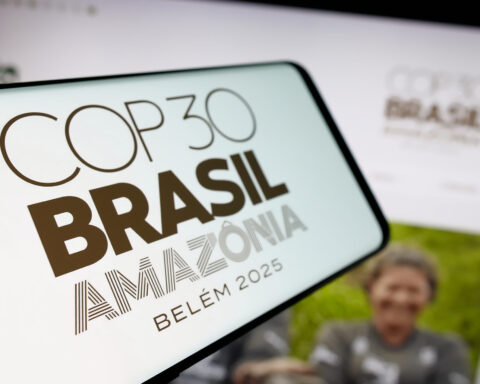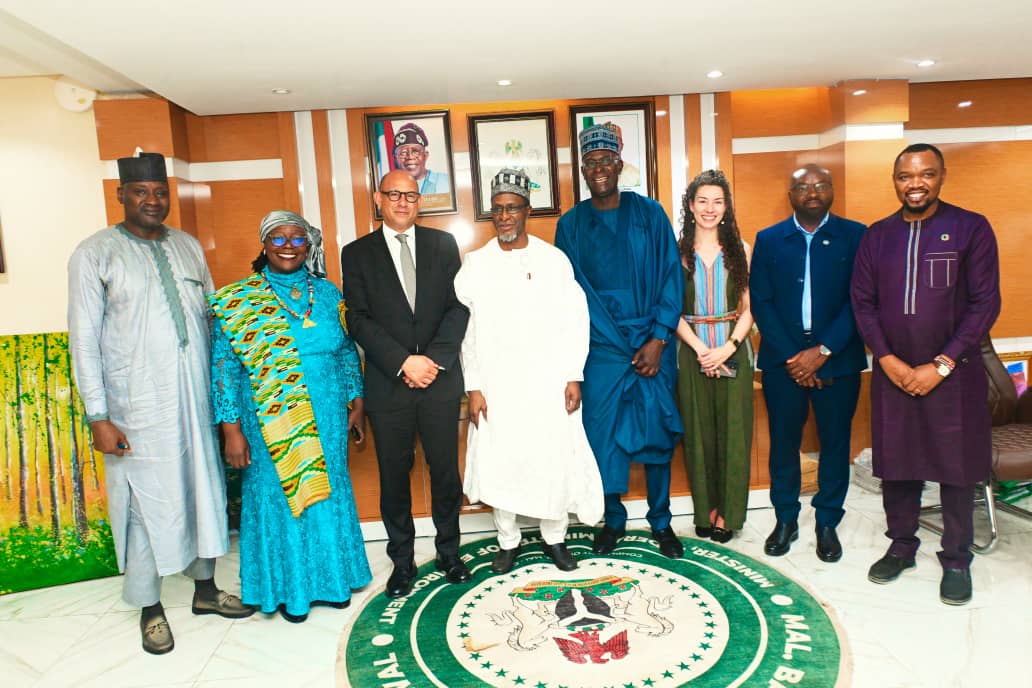The Executive Secretary of the United Nations Framework Convention on Climate Change (UNFCCC), Simon Stiell, has described the newly agreed annual climate finance goal of $300 billion as a critical step toward driving concrete actions in the global fight against climate change.
The UNFCCC in its latest update covering key developments from October to December 2024, including COP29 in Baku stated the agreement, reached at COP 29, builds on key advancements made at COP27 in Egypt and COP28 in Dubai.
According to Stiell, while the goal falls short of the expectations of some Parties, it remains a significant milestone in strengthening global climate resilience and accelerating the transition to clean energy.
“The goal of $300 billion annually, alongside efforts to mobilize $1.3 trillion, will translate into concrete actions on the ground.
“While it may not meet the full demands of some Parties, it represents a significant shift that will positively impact millions of businesses and communities globally.”
Stiell emphasized that the financial commitment will support vulnerable communities, strengthen economies, and improve climate resilience, particularly in developing countries facing severe climate impacts.
Beyond the finance agreement, COP29 also delivered key progress on carbon markets, resolving nearly a decade of stalled negotiations.
This breakthrough is expected to enable countries to implement their climate action plans more effectively and at a lower cost, facilitating faster global decarbonization.
Transparency also emerged as a major focus at COP29, with 88 countries submitting their first Biennial Transparency Reports (BTRs) by the end of the year.
Stiell highlighted these reports as critical tools for monitoring and enhancing climate commitments under the Paris Agreement.
“Transparency is key to building trust and accountability in the global climate process.
“The submission of BTRs will help track progress and identify gaps in implementation,” he noted.
Support for vulnerable nations also saw improvements, with strengthened backing for National Adaptation Plans (NAPs) to help communities withstand climate shocks and build long-term resilience.
However, Stiell acknowledged that significant work remains ahead, particularly as the global community prepares for COP30 in Belém, Brazil.
To sustain momentum, the UNFCCC announced that Climate Weeks will resume in 2025, with a stronger alignment to the intergovernmental process under the Paris Agreement.
The first Climate Week is scheduled to take place in Panama from May 19 to 23, 2025.
“The secretariat will continue working with the COP29 and incoming COP30 Presidencies to ensure Parties achieve another productive year in global climate cooperation,” Stiell affirmed.
By Dare Akogun








